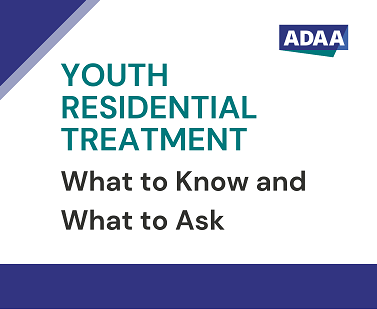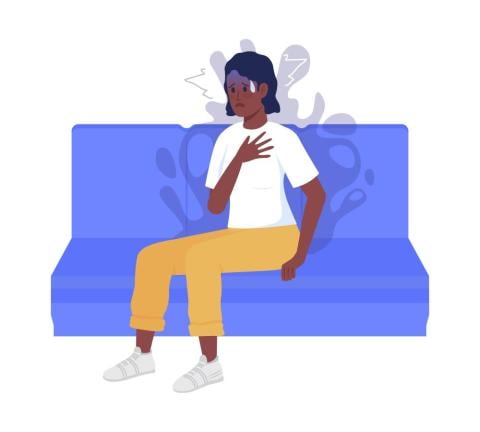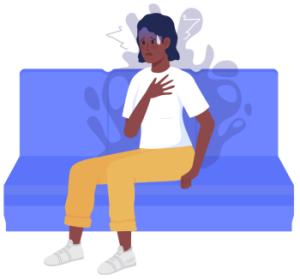Youth Residential Treatment – What to Know and What to Ask
Youth Residential Treatment – What to Know and What to Ask

Residential facilities can provide a safe, structured, and treatment-oriented environment for children who need temporary care outside of the home or community. Therapeutic boarding schools, residential treatment facilities or centers (RTFs or RTCs), special camps, and some faith-based academies are examples of places that offer comprehensive in-patient care, schooling and treatment for children who need more support.
To ensure you find the right placement for your child, we recommend asking the center or facility that you are considering some important questions about their program, best practices, and regulations. The answers you gather can help you and your medical provider select the right treatment for your child.
Important Questions to Ask:
1. Is the program state-licensed or accredited?
A program should be state-licensed or accredited for at least three components: educational, mental/behavioral health, and residential.
2. Ascertain if the facility and/or its staff have any complaints against them.
Having a full and clear picture of the program you are sending your child to is important. We recommend that you check with the accreditation body to find out if there have been any complaints filled.
3. Does the program recommend involuntary admittance?
Get clear insight on a program’s approach to involuntary admittance and consult a mental health professional or your child’s physician about the impact of involuntary admittance.
4. What is their communication policy about phone, texting, and email with your child?
Limiting communication may make it difficult for your child to feel comfortable and/or report an incident should it occur. Gather all the information you can from a program and decide with a mental health professional if that is the best therapeutic approach for your child.
5. What is the daily routine at the facility? What would your child’s day-to-day life look like?
Unfortunately, isolation, public shaming, threatening incidents, and other unsanctioned / unethical practices can occur. Be clear on the day-to-day schedule for your child - how much free time they have, what sort of therapy or counseling they receive, and any required chores. This will help ensure you select a facility that has the best interests of your child in mind.
6. Does the program use restraints, as-needed medications (PRNs) or physical force of any kind?
Understand the program’s policy about restraints, the administration of unscheduled medications for an uncontrolled escalation, and any hands-on interventions they may use. Make sure to review that information with your child’s medical providers.
Before enrolling your child in a program, be sure to consult with your child’s medical providers. We also recommend asking for references and gathering as much support and resources as you can to make an informed decision. You may also want to consider having a lawyer look at any contract before you sign to ensure that you do not sign over your custodial rights or give unintended permissions to the facility.
Resources and Additional Information:





















